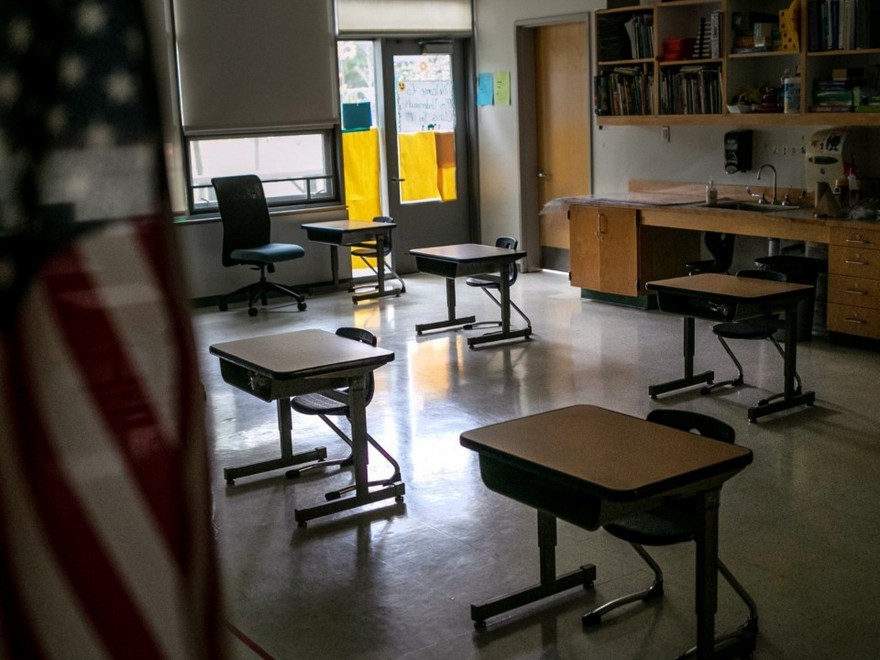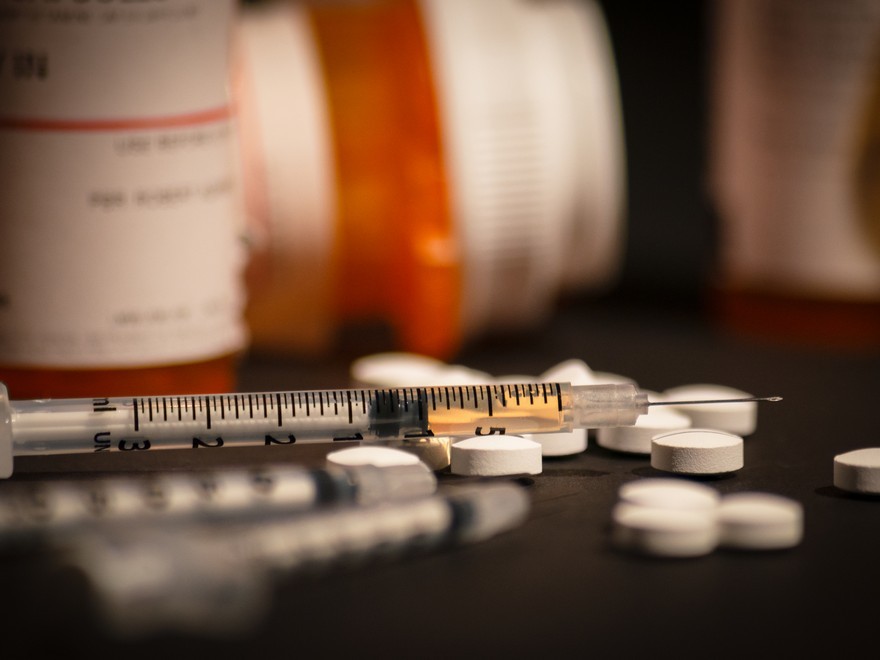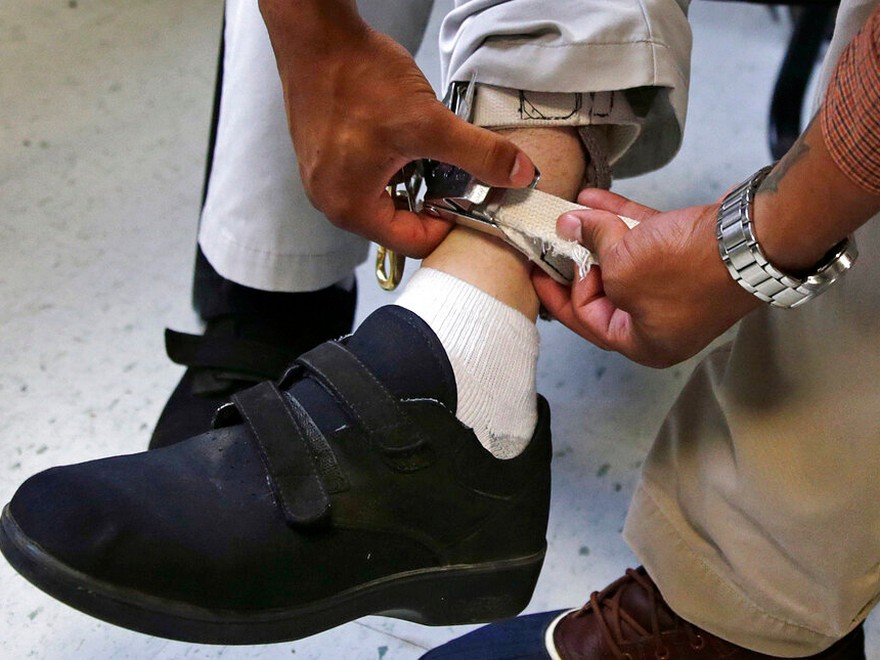Siri Fiske: Social isolation amid coronavirus – listed here are the risks dealing with our kids

Between Sunday, Nov. 22 and Monday, Nov. 23, the proportion of scholars solely attending college on-line jumped from 36.9 to 40 %.
As soon as once more, college leaders and authorities officers are scrambling to determine logistics.
NEWT GINGRICH: AS YEAR OF CORONAVIRUS NEARS ITS END, MAINTAIN HOPE AND BELIEVE IN TRIUMPH OF HUMAN SPIRIT
However there’s an enormous distant studying aspect impact they’ve but to think about: Pupil loneliness.
Youngsters are struggling terribly because of government-imposed lockdowns, college closures and excessive social distancing. By way of early mortality danger, social isolation may be simply as damaging as smoking 15 cigarettes a day, in accordance with a research in Views of Psychological Science.
Extra from Opinion
- Victor Davis Hanson: After 2020 election – here is maintain monitor of upside-down world of media and politics
- Cal Thomas: Republicans have an ideal presidential candidate for 2024 — and it’s not Trump
- David Limbaugh: Mitt Romney’s unabashed hatred of Trump blinds him to actuality of president’s recognition
As colleges shut down in-person lessons, dad and mom and educators have to prioritize social interplay. Our youngsters’s emotional and psychological well being rely on it.
As a consequence of COVID-related lockdowns and restrictions, youngsters are lacking out on play dates, sports activities competitions and different afterschool social actions.
This lack of social interplay is already taking a toll on younger college students. Earlier this yr, after no less than two months of COVID isolation, 23 % of elementary college students in Hubei, China, exhibited melancholy signs. Right here in the US, practically a 3rd of oldsters say social isolation has inflicted psychological or emotional hurt on their youngsters, in accordance with a June Gallup ballot.
The scientific group has lengthy understood that play and playdates aren’t simply frivolous enjoyable. They’re an integral a part of children’ happiness and improvement.
Unstructured playtime reduces youngsters’s stress ranges and helps mitigate the danger of melancholy, in accordance with an professional from rural well being care nonprofit Sanford Well being. And youngsters who don’t interact in wholesome social time usually tend to have issues with cognitive improvement.
Educators must play a job. Step one is taking the necessity for playtime severely.
Social isolation may even really feel like bodily ache, in accordance with a College of North Carolina psychological well being professor. “The mind reacts to the lack of social interplay in the identical means that it’d experiencing a bodily sickness or precise ache, so we do want to determine a technique to have children engaged in optimistic social interactions with friends,” she explains.
Fortunately, children can socialize with out unduly rising their danger of catching COVID-19.
Mother and father can arrange playtimes with small teams of neighborhood children, even when it must be socially distanced. Or spearhead neighborhood picnics. Because the climate will get colder, they may arrange actions within the college gymnasium or schedule Zoom scavenger hunts.
Educators must play a job as properly. Step one is taking the necessity for playtime severely.
At my micro college, Mysa College, we have transitioned to a hybrid studying mannequin through the pandemic. We welcome college students to campus as soon as every week and do the remainder of our instructing on-line.
We have made it some extent to not use our in-person time for math class or studying classes. As a substitute, we prioritize social actions. College students may use their time on campus to make socially-distanced TikToks, play sports activities, make artwork collectively or go on nature walks.
Colleges going absolutely on-line for the winter must be a bit extra inventive. A constitution college community in Texas, for instance, is conducting “circle time” by way of videoconference. College students will take turns sharing experiences and get 45 minutes of social and emotional studying every morning.
Emerson Elementary in Oakland is making an attempt out “digital recess,” encouraging college students to speak about something they’d like whereas lecturers keep on mute.
CLICK HERE TO GET THE OPINION NEWSLETTER
When sheltering-in-place first started, adults stayed sane by planning Zoom comfortable hours and reconnecting with outdated buddies. Youngsters did not have that. They went from operating round playgrounds to determining math issues on the kitchen counter.
Social isolation is a harmful aspect impact of this pandemic. It is as much as dad and mom and lecturers to avoid wasting play dates. In any other case, our youngsters pays the value.
Siri Fiske is the founder and head of Mysa College.




